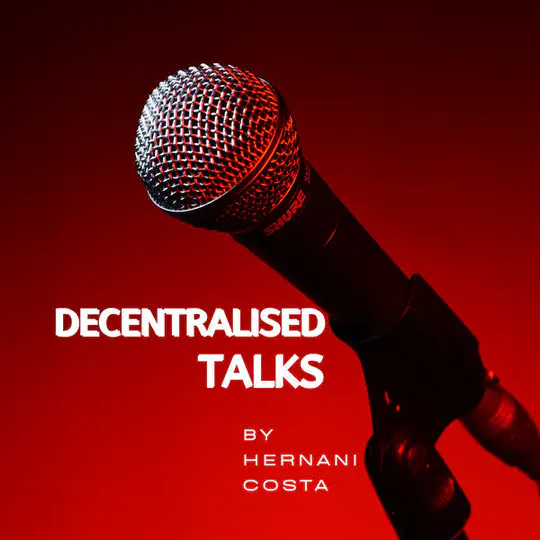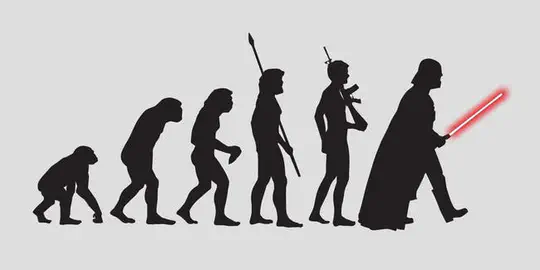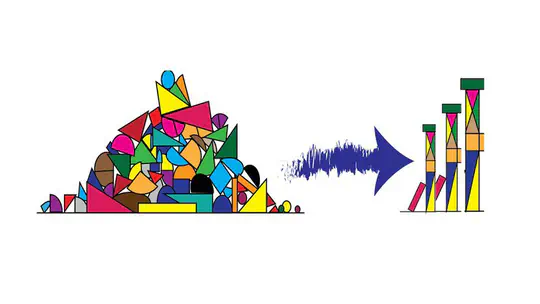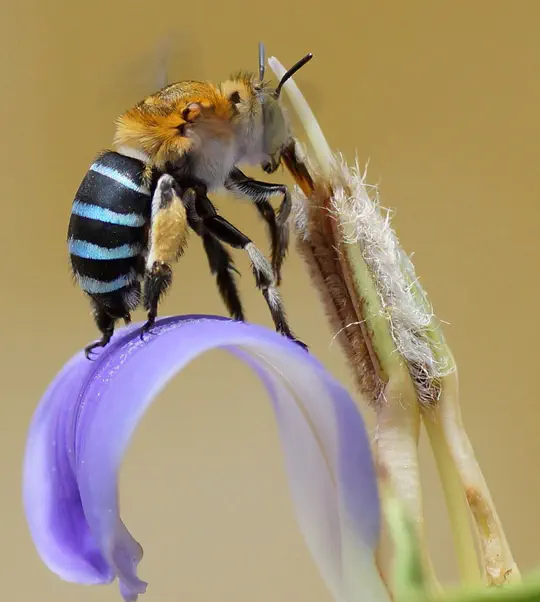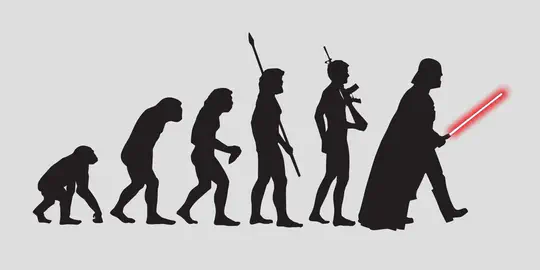Biography
I am currently an AI Engineer at EverAI, working on AI characters. Previously, I was a Lead Machine Learning Engineer @ lalaland.ai, where I focused on Generative Adversarial Networks (GANs) and Stable Diffusion models, leveraging them to develop advanced generative solutions for fashion-related applications.
Before that, I spent four and a half years as a PhD Candidate in the Computational Intelligence group at Vrije Universiteit Amsterdam and in TNO’s Modelling, Simulation & Gaming group. My research was situated in the field of Artificial Intelligence for Modelling and Simulation, particularly in applying data-driven methods to enhance the realism of urban simulations.
My work explored three key directions: predicting future trajectories of humans in urban environments, generating realistic human-like movement trajectories, and synthesizing natural urban soundscapes. I employed techniques from classical machine learning, deep learning, and generative AI to achieve these objectives.
- Artificial Intelligence
- Machine Learning
- Deep Learning
- Generative AI
- Robotics







